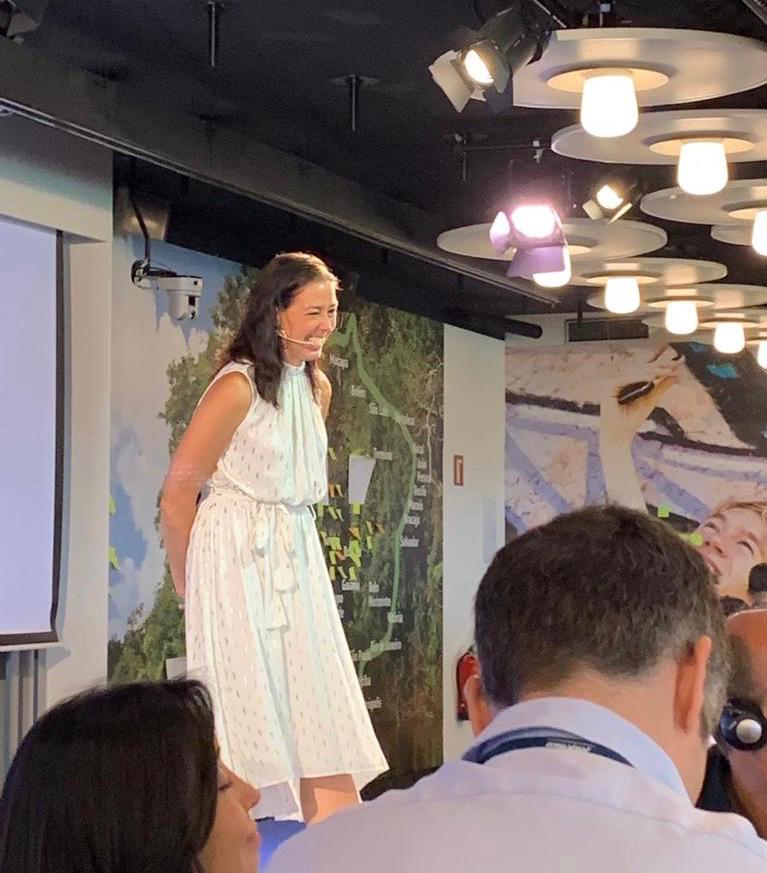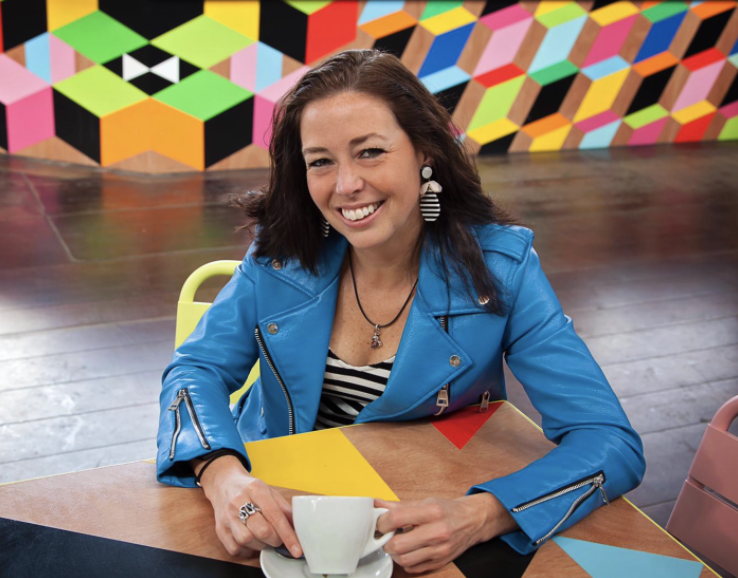CULTURAL TRANSFORMATION
One of the core responsibilities of a leader is to align the team in order to achieve the vision and ambitious goals of the organisation and to obtain the desired results.
Leading teams effectively requires creating a sense of shared purpose and a common ambition. A transcendent, shared purpose that reflects why the team exists in the first place, what it wants to contribute and what is the impact it wants to have on the organisation and the world. This will generate enthusiasm, passion and the desire to go in the same direction, it will boost the commitment to achieve the desired results and the strength to overcome any challenges or difficulties that will be faced along the way.
Through the connection with this shared purpose the leader inspires and unites the team. In this way, purpose-driven leaders contribute to a cultural transformation by moving from transactional teams, often hijacked by hierarchy and fear, towards teams motivated by a higher, transcendental purpose that contribute to the common good through collaboration and continuous and constructive dialogue.

Leaders understand the true importance of creating an environment of respect, trust and security, and are examples that show in their own behaviour what they ask of others. They open up, show vulnerability and understand that listening, kindness, empathy and compassion are their most powerful tools.
In their relationships with others, leaders always focus on contributing to the team´s purpose and the common good, on helping others, so that they can shine and be the best versions of themselves.
The quality of our conversations defines the quality of our relationships. Leaders create the space to have constructive, continuous dialogue, including everyone in the conversation.
They are able to have and provoke crucial and difficult conversations in a constructive way and welcome healthy conflict in their teams. Leaders encourage collaboration, make good use of the collective intelligence, celebrate diversity, ensure that there is true synergy and that all the people in their teams can blossom.

Through a combination of leadership programs, team coaching and / or individual coaching we are able to catalyse a sustainable transformation that lasts over time. Cultural transformation processes include 3 pillars:
Become aware of the current situation
· Reflect on where are we now and how did we get here?
· Understand the current context and the sense of urgency for this cultural transformation.
· Become aware of the behavioural patterns and dynamics of the team that are not constructive and no longer adequate for the new context.
Alignment: Why – How – What
· Define the transcendental purpose of the team (and the organisation) as an element that inspires, unites and motivates all the team members (why)
· Agree upon the desired values and behaviours (how)
· Create a shared, inspiring vision (how)
· Identify possible barriers that will stop us from achieving our vision (how)
· Agree upon a concrete action plan to achieve the desired results (what)
Commitment to continuous improvement
· Help all team members to assume a proactive and protagonist role, in which they feel responsible for the team´s success.
· Create a culture of giving and receiving on-going feedback and having continuous, constructive and meaningful conversations.
All programs are dynamic, interactive, experiential and transformative. They are focused on changing mindset and behaviour through deep reflection and meaningful conversations. All programs are tailor-made, co-designed with the client and aligned with the business needs.
